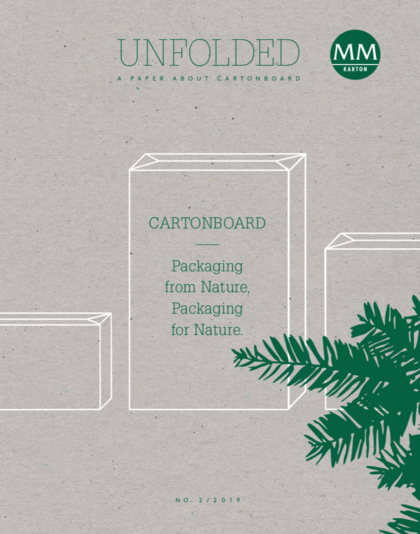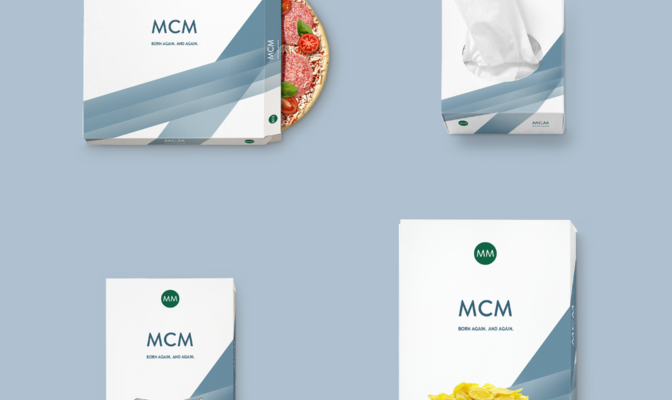Timeline: EU Circular Economy Package
08.10.2019 - Sustainability
Important milestones and the next steps in the EU Circular Economy Package and the EU Plastics Strategy.
PREVIOUS ACHIEVEMENTS:
The first circular economy package, ‘Towards a circular economy: a zero-waste programme for Europe’ is published by the EU Commission under its president, José Manuel Barroso, with a view to transforming the EU into a circular economy. Following the arrival of the new President of the EU Commission, Jean-Claude Juncker, the decision was taken to rework the circular economy package and make it more ambitious, drawing upon extensive dialogue between the EU commission, the EU Parliament, Member States, interest groups and leading companies.
The Circular Economy Package 2015 is divided into two parts, with legislative proposals on waste (known as the Waste Package) and a plan of action. In the Waste Package, the EU Commission examines four proposals for directives to revise existing waste directives. In terms of content, the Waste Package is in line with the initial proposal from 2014 but is supplemented by quantified objectives. The key new feature is the extensive action plan, which, together with over 50 measures for the entire product lifecycle – from production and consumption through to waste management and the market for secondary raw materials – also includes a schedule for the ultimate implementation and monitoring of these measures. The transition to the circular economy is to be expedited in five priority areas (plastics, food waste, critical raw materials, biomass and bio-based materials).
The EU Plastics Strategy in the circular economy is the first EU-wide political framework concept to focus on the material-specific lifecycle, with the aim of integrating cycle-oriented product design, use and re-use of materials and recycling into the plastics value chain. The Plastics Strategy contains clear objectives with quantified targets at an EU level.
o EU Waste Framework Directive (Directive (EU) 2018/851 – amending Directive 2008/98/EC)
o EU Directive on Landfill Waste (Directive (EU) 2018/850 – amending Directive 1999/31/EC)
o EU Directive on Packaging and Packaging Waste (Directive (EU) 2018/852 – amending
Directive 94/62/EC)
o EU Directives on End-of-Life Vehicles, Waste Batteries and Waste Electrical and Electronic Equipment (Directive (EU) 2018/849 – amending Directives 2000/53/EC, 2006/66/EC, 2012/19/EU)
The first three of the mentioned directives are relevant to the packaging sector. Member States have 24 months to transpose the directives into national law.
The EU Commission founds the Circular Plastics Alliance in order to promote the market for recycled plastics in Europe. Initiatives and alliances are also devised by global companies involved in the plastics and consumer goods value chain that are looking to advance solutions relating to plastic waste (e.g. Alliance to End Plastic Waste, The New Plastics Economy).
The EU Commission looks at the level of self-commitment to the terms of the Plastics Strategy with the aim of identifying any gaps that may exist between supply (recycling companies) and demand (manufacturers, distributors) for the different types of plastics. The report concludes that although the supply is sufficient to meet the target of 10 million tonnes of recycled plastics in new products by 2025, the demand is only at around 6.4 million tonnes.
LOOKING AHEAD:
• publishes, in consultation with the Member States, guidelines containing appropriate examples of what should be considered as single-use plastic items for the purposes of the Single Use Plastic Directive.
• adopts an implementing act to determine the methodology for evaluating and verifying the objectives for separate collections.
• adopts an implementing act laying down harmonised requirements for the labelling of single-use plastic products with a certain plastic content.
adopt laws and regulations that are necessary in order to comply with most of the provisions of the Directive. For some provisions, longer deadlines apply, e.g. for single-use beverage containers with caps and lids made of plastic that can only be placed on the market if the caps and lids remain attached to the containers during the period of intended use for the product.



